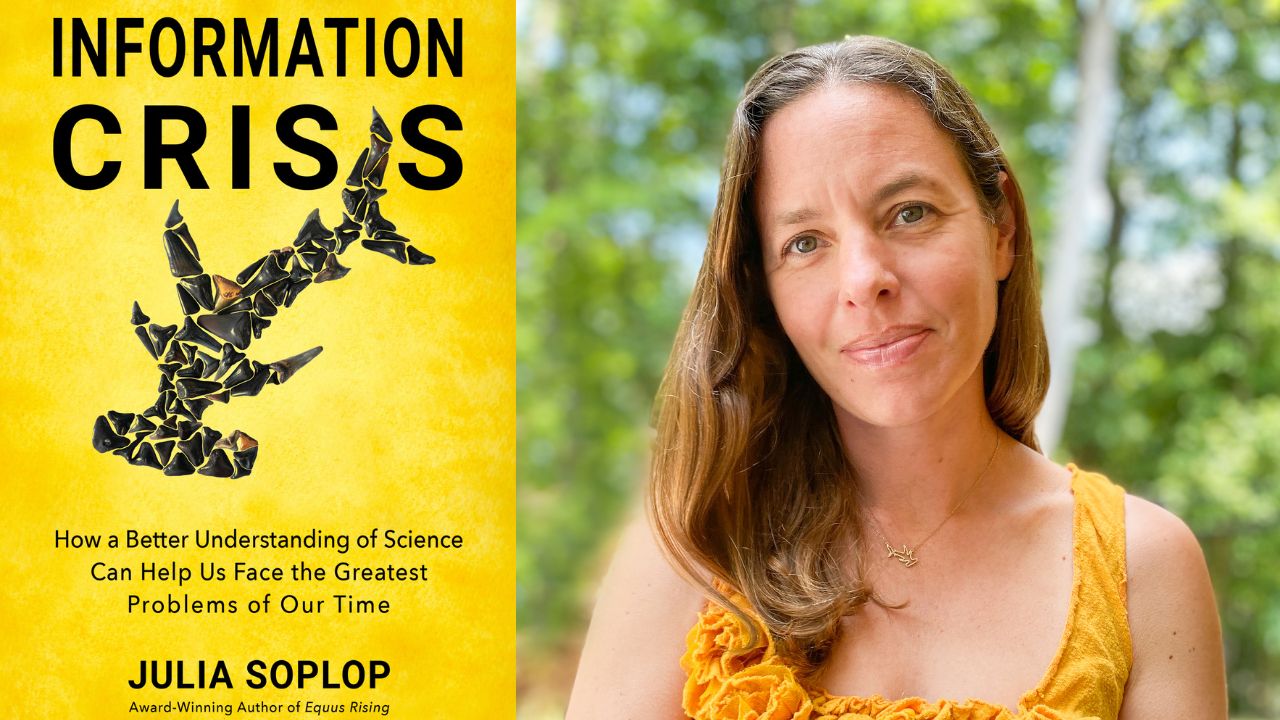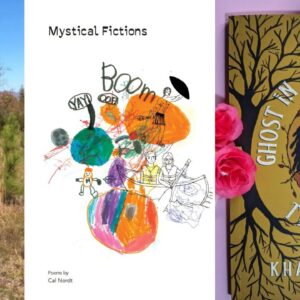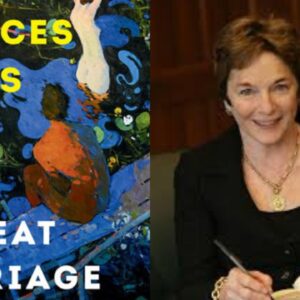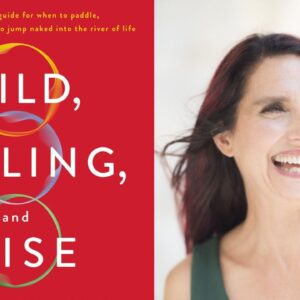
Julia Soplop, Information Crises: How a Better Understanding of Science Can Help Us Face the Greatest Problems of Our Time
The rapid and ubiquitous spread of information has failed to remedy one of humanity’s most enduring challenges: making accurate sense of the world. Instead, a constellation of factors influencing how we interact with information—and, in particular, scientific information—has prevented us from digesting and adequately confronting many of the greatest problems of our time, from climate change to pandemics.
The book, an essential read for non-scientists and scientists alike, offers both an analysis of this burgeoning crisis of (mis)information overload and a practical guide for navigating it. Soplop argues that becoming a more discerning and less vulnerable consumer, or producer, of health and science information is critical.
Soplop has created an indispensable primer for reimagining how we think about and communicate what science really entails, including its profound social value and its many limitations. She also presents a series of engaging case studies—the decades-long disinformation campaign to sow doubt in climate change, the schemes in the wellness industry, the push for pseudoscience in the science classroom, the century-old rhetoric of the anti-vaccination movement, and the nation’s unfathomable COVID-19 response—demonstrating how players across society employ common, and therefore easily identifiable, tactics of distorting scientific information to manipulate us for power and profit. In vivid prose, Soplop crafts a compelling and hopeful case that building a stronger foundation of science and media literacy can empower us to improve our lives both personally and collectively.
Julia Soplop is a science writer and the author of Equus Rising: How the Horse Shaped U.S. History, winner of an Independent Book Publisher (IPPY) Award and a Feathered Quill Book Award, and Documenting Your World Through Photography. Her work has appeared in numerous publications, including National Geographic, Summit Daily News, and Skiing. She also develops thought leadership for organizations that address issues of scientific or social concern. She holds a bachelor’s from Duke University and a master’s from the medical journalism program at UNC-Chapel Hill. She lives with her husband and three daughters outside of Chapel Hill, NC.







Sorry, the comment form is closed at this time.